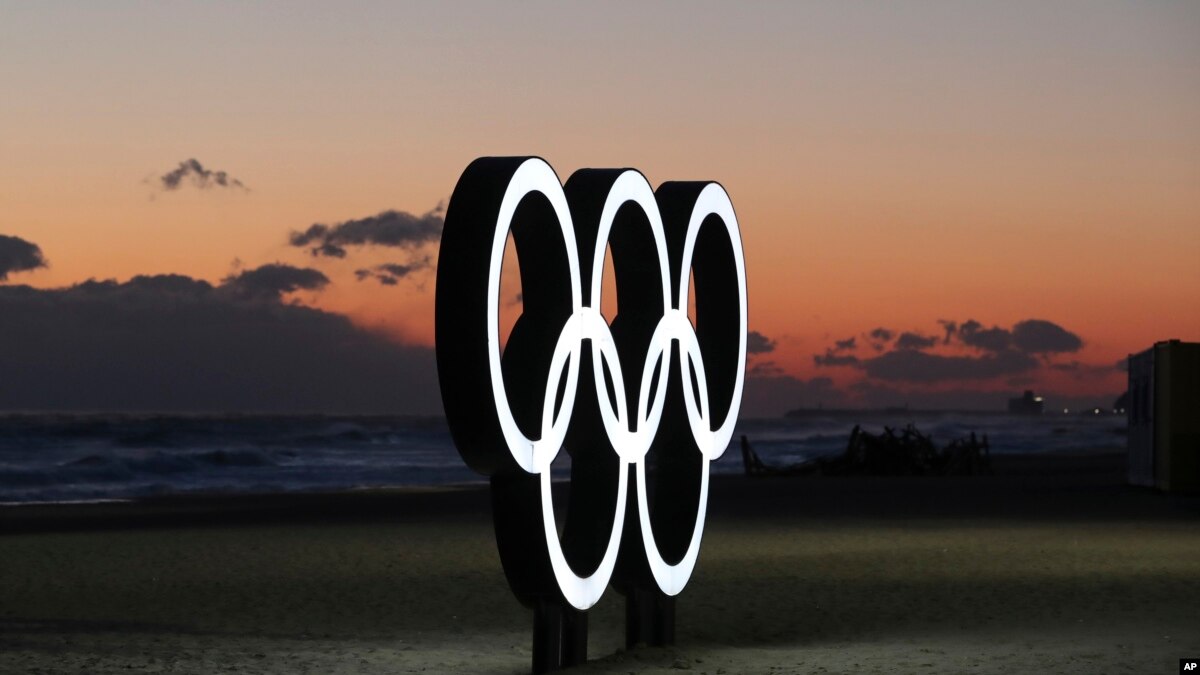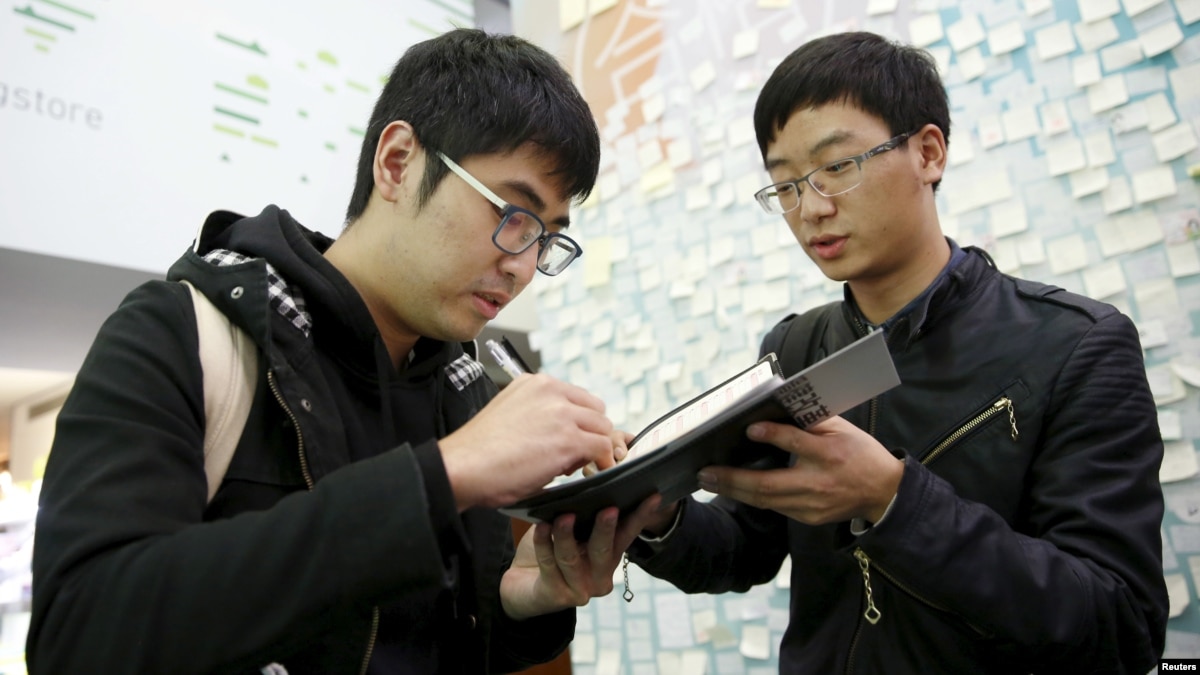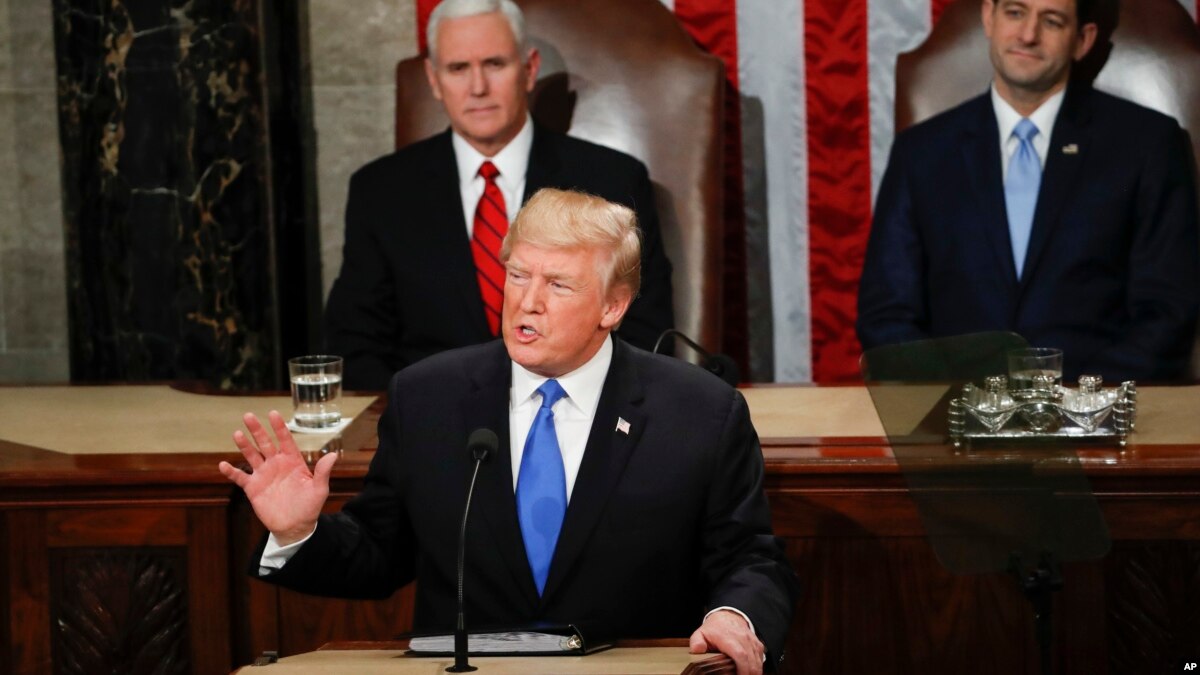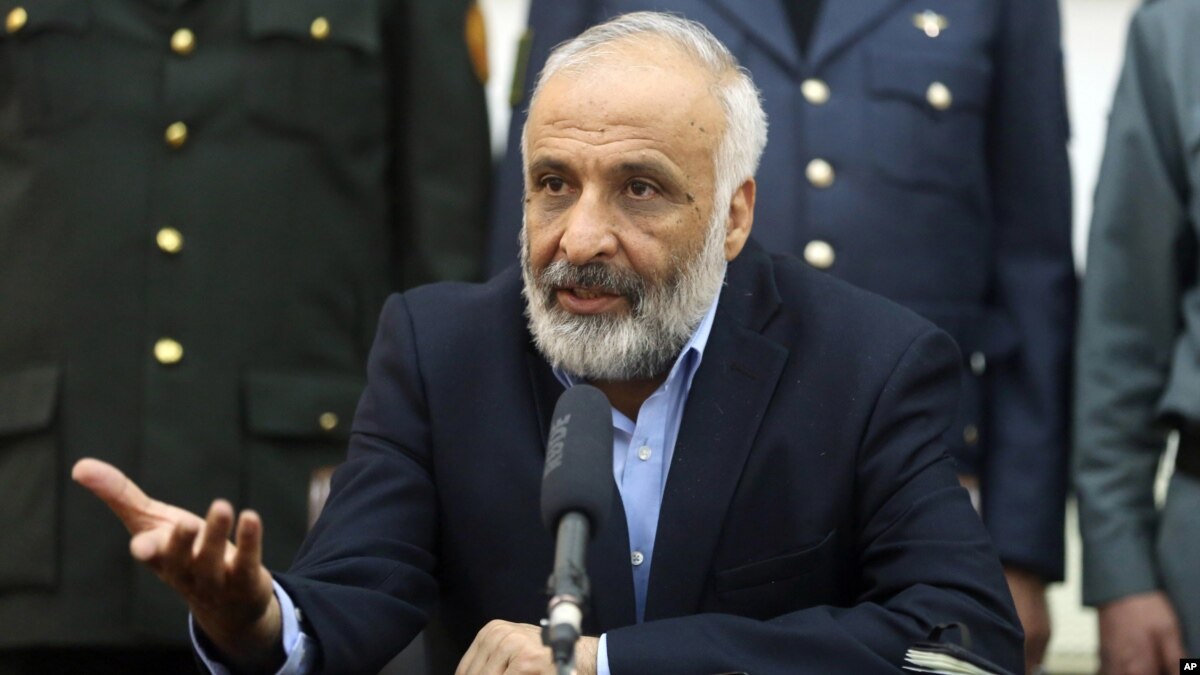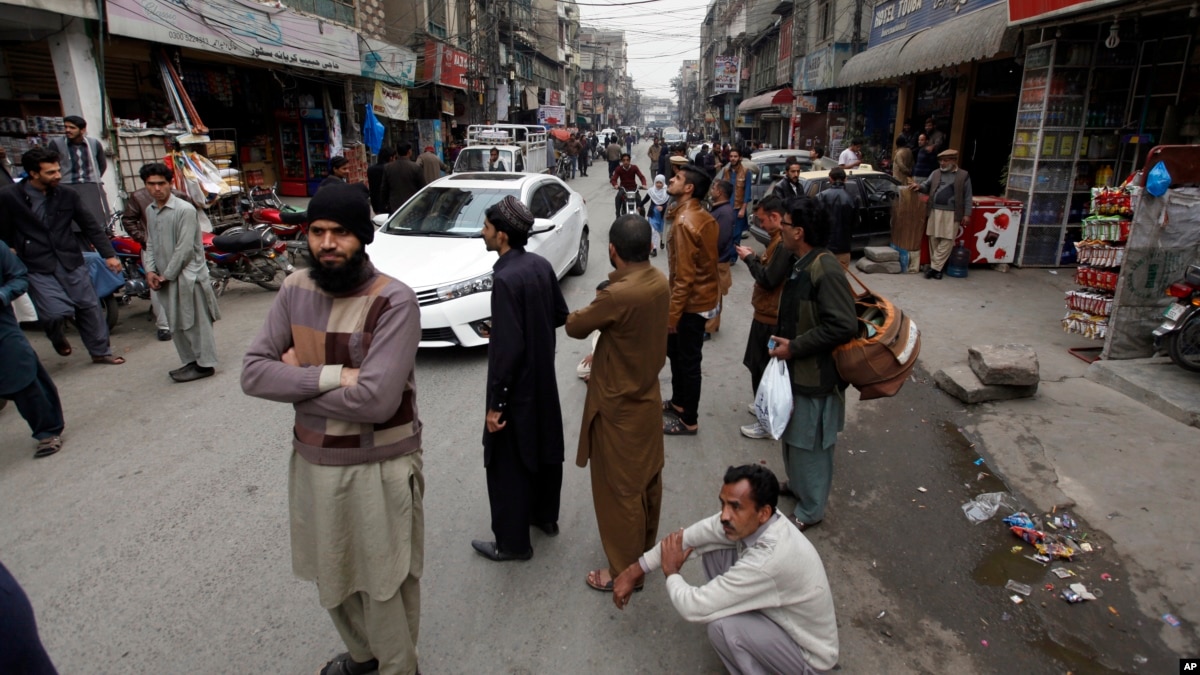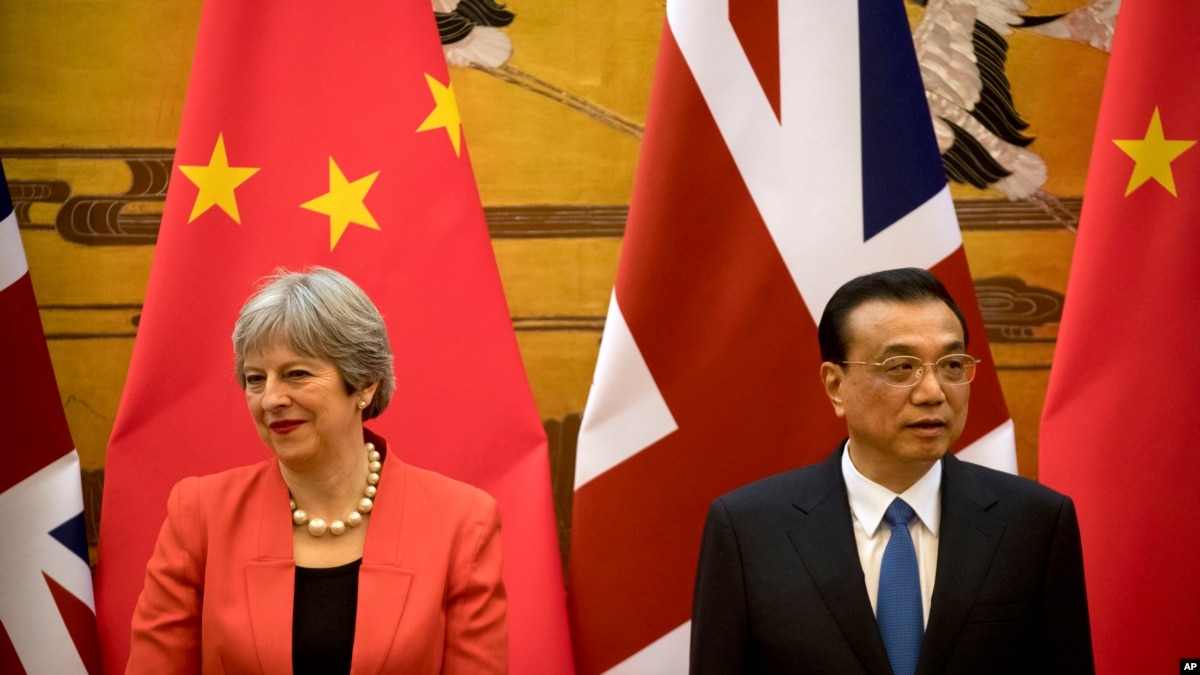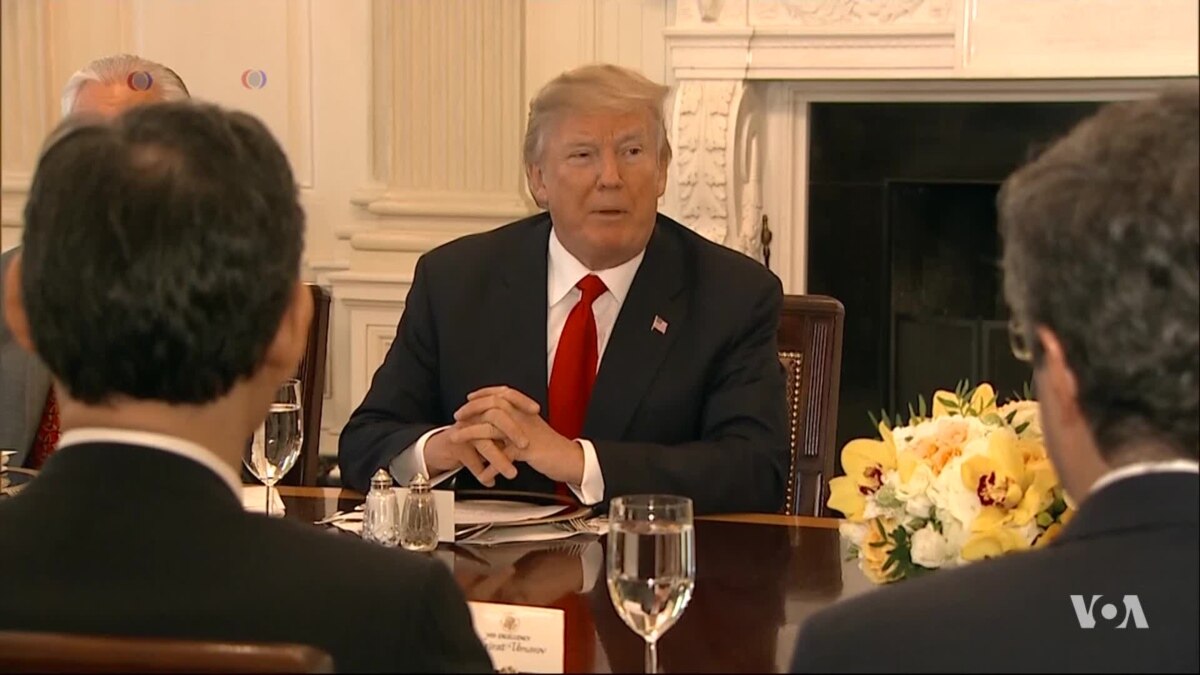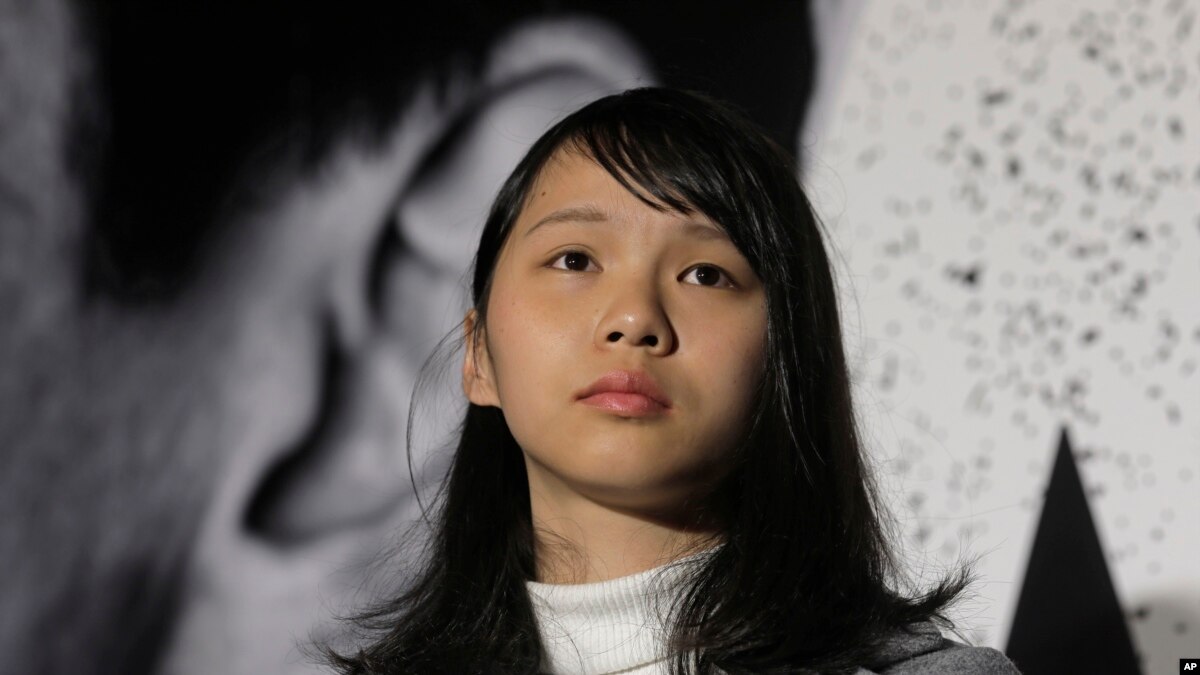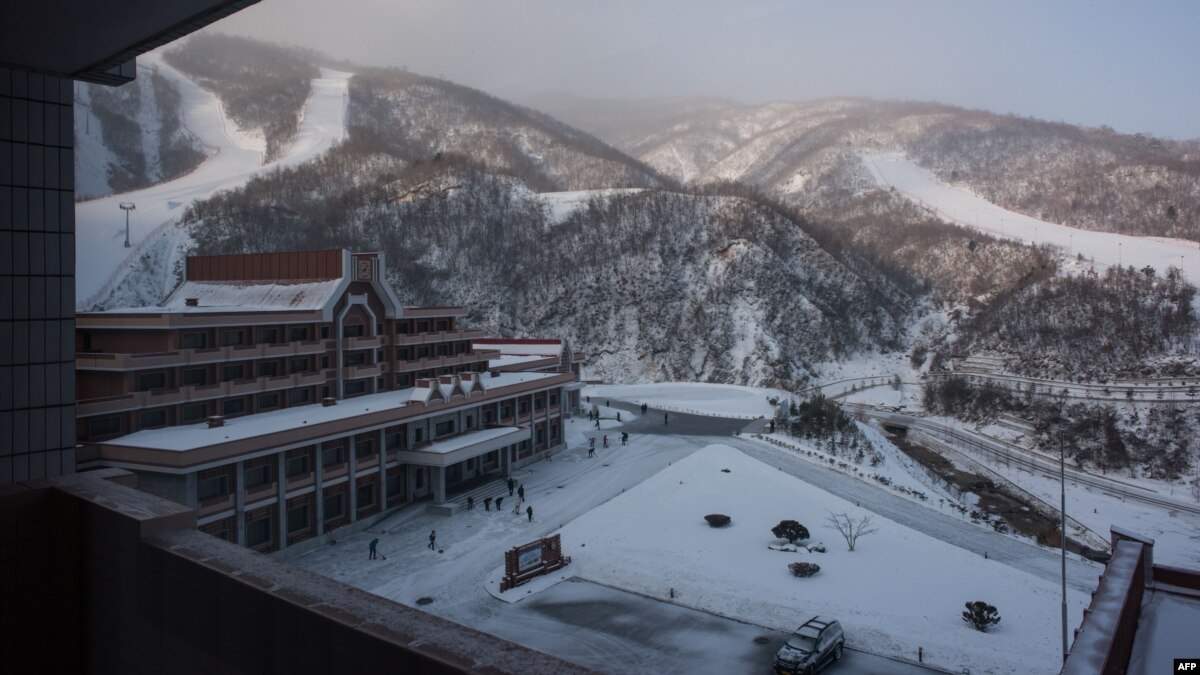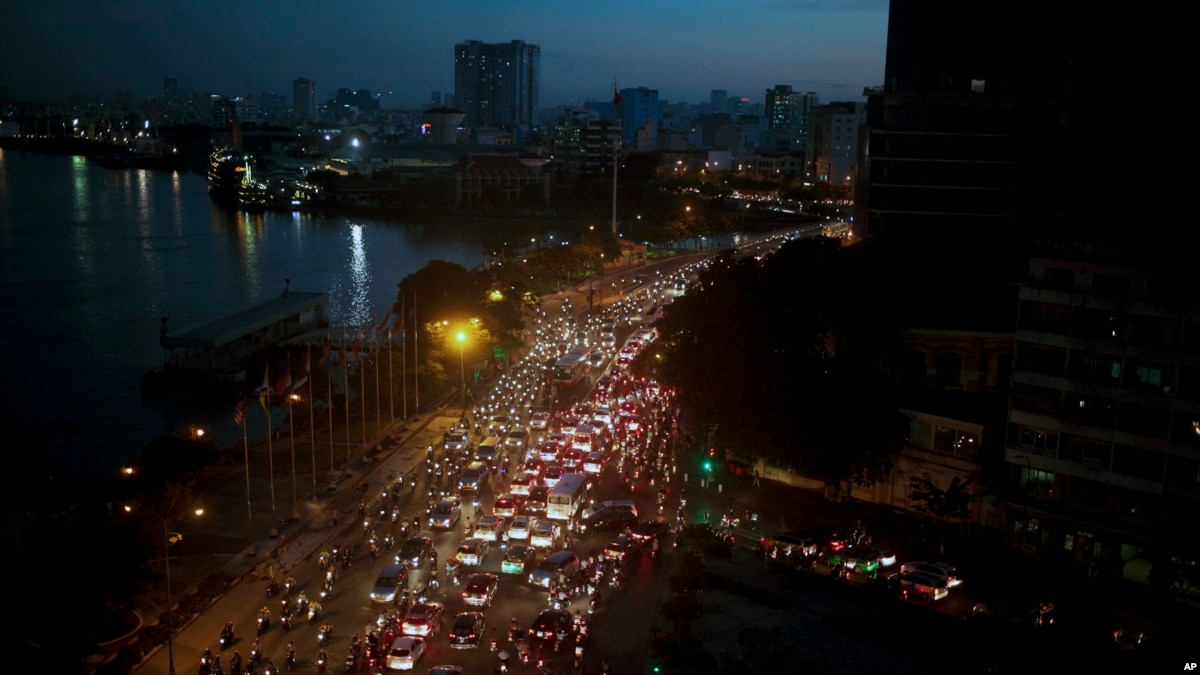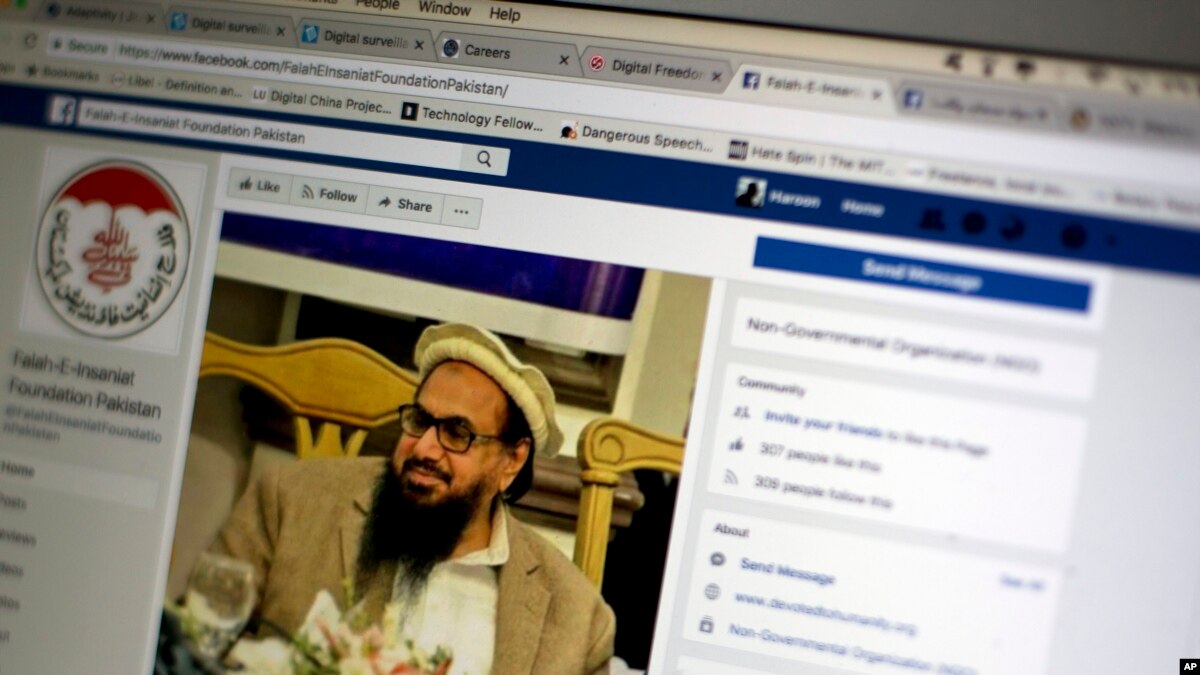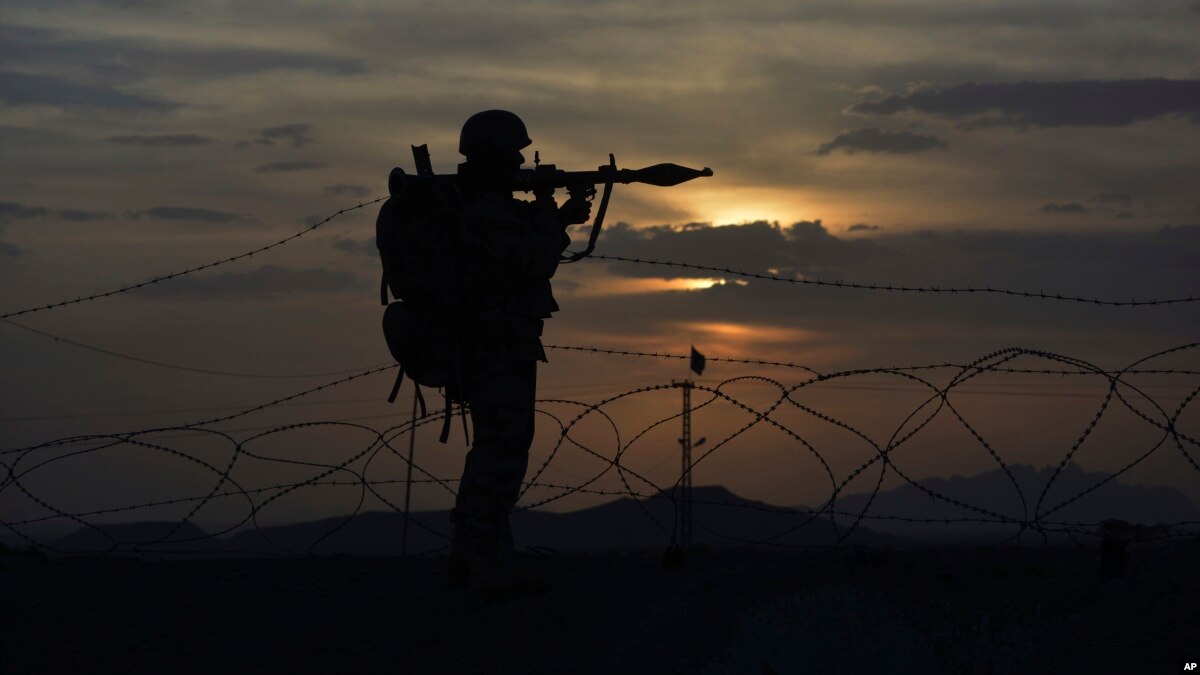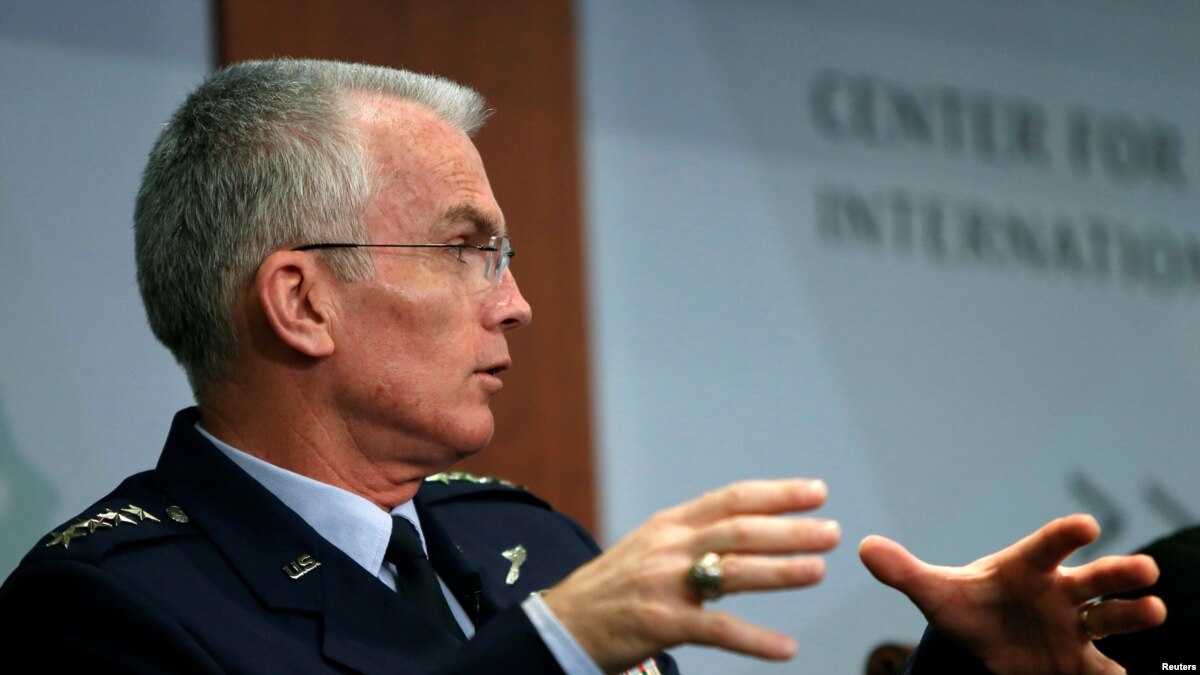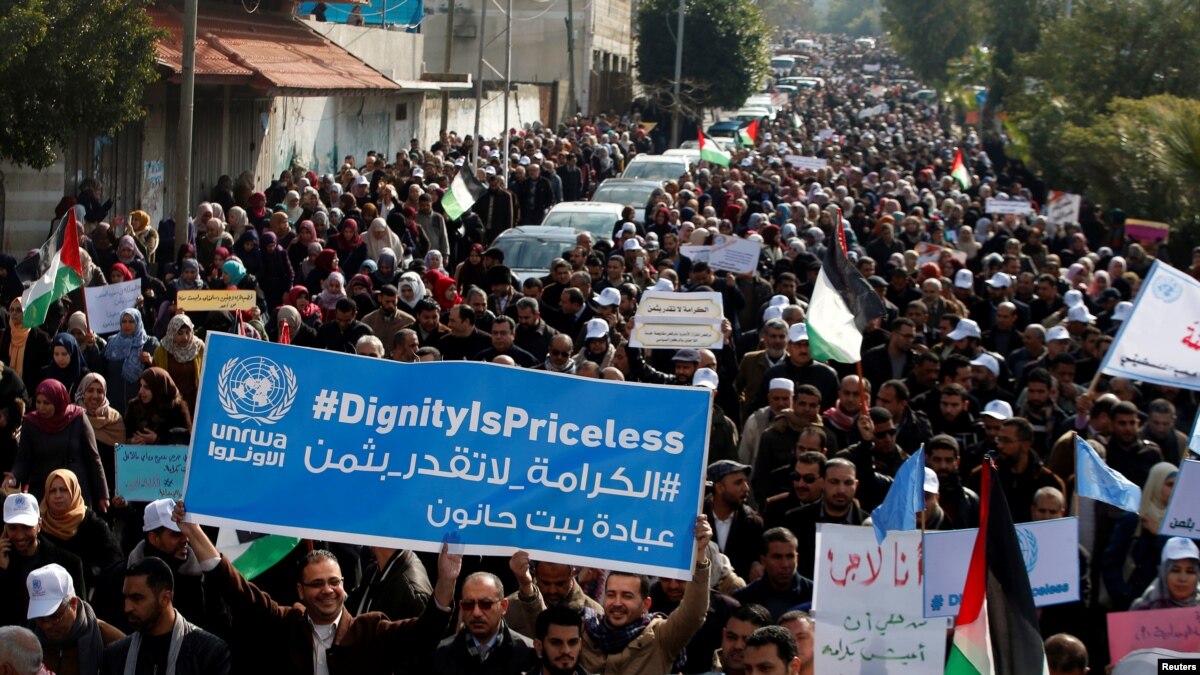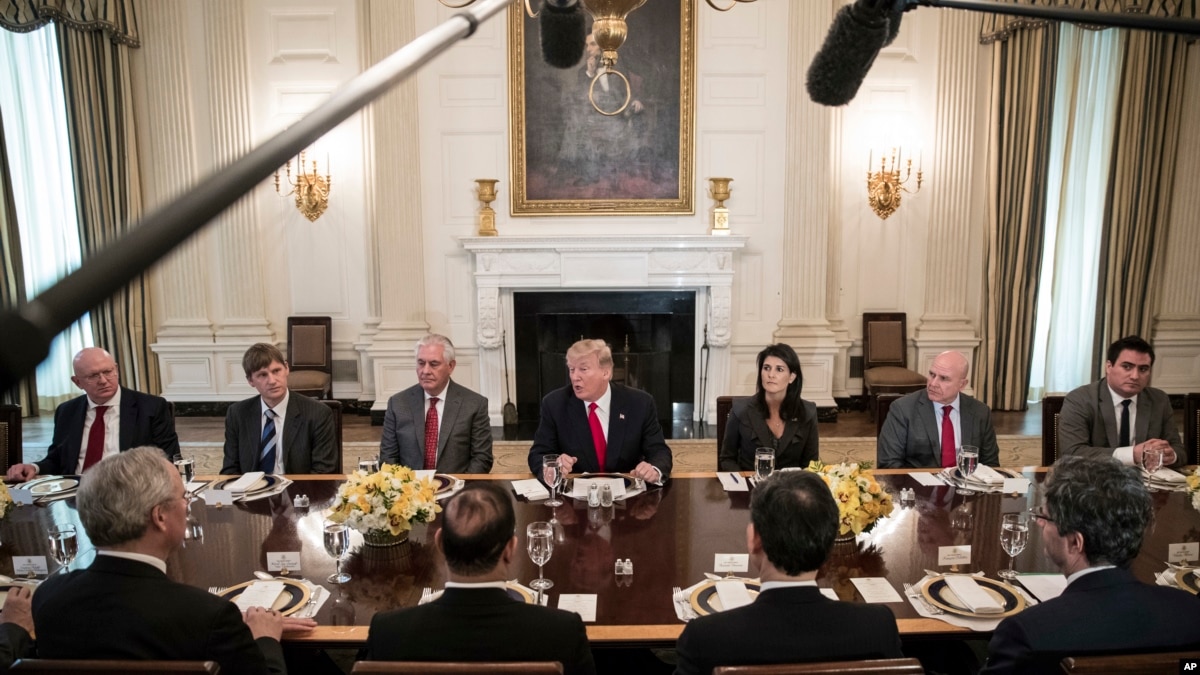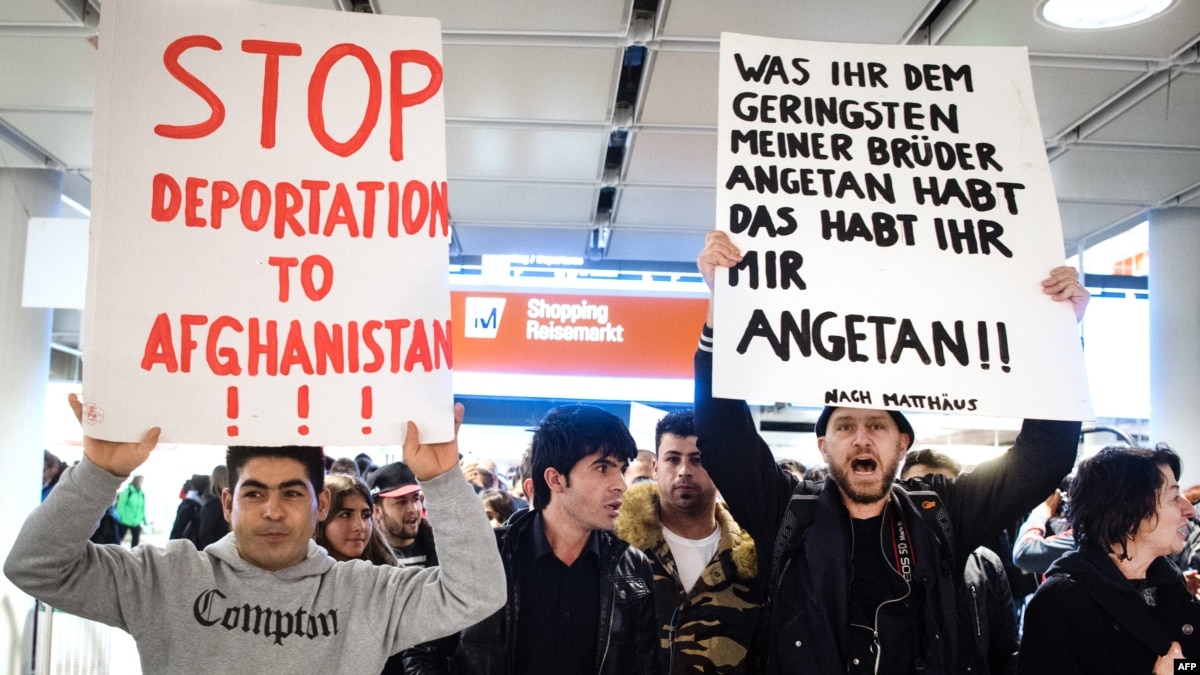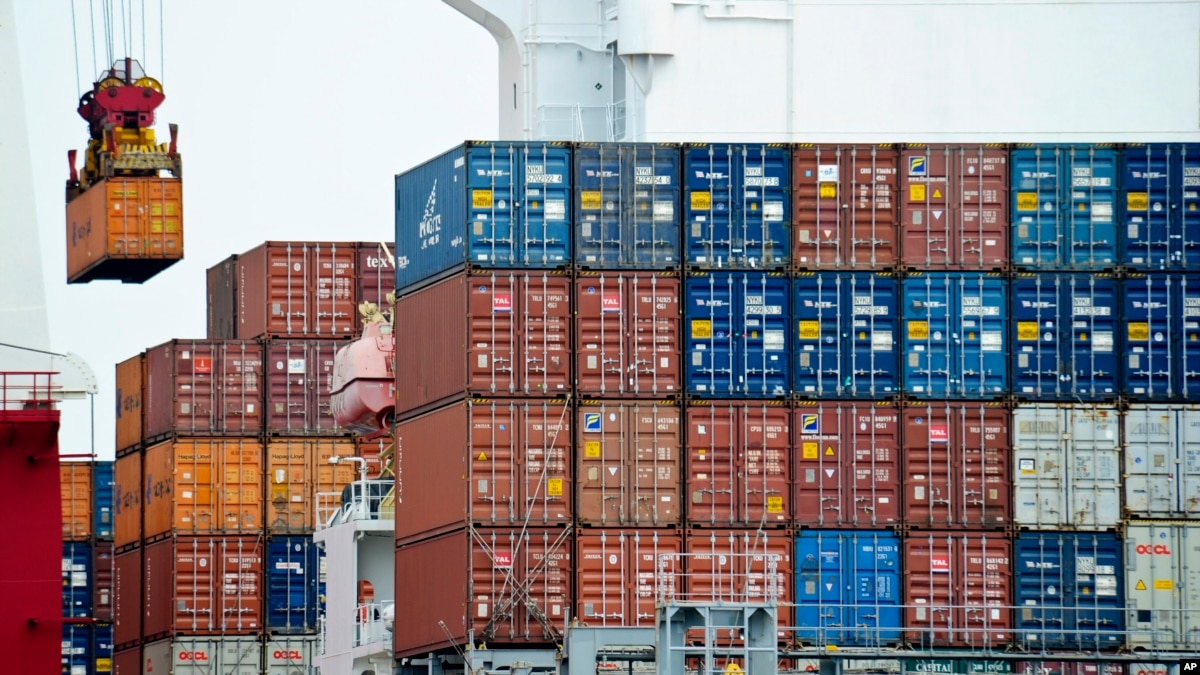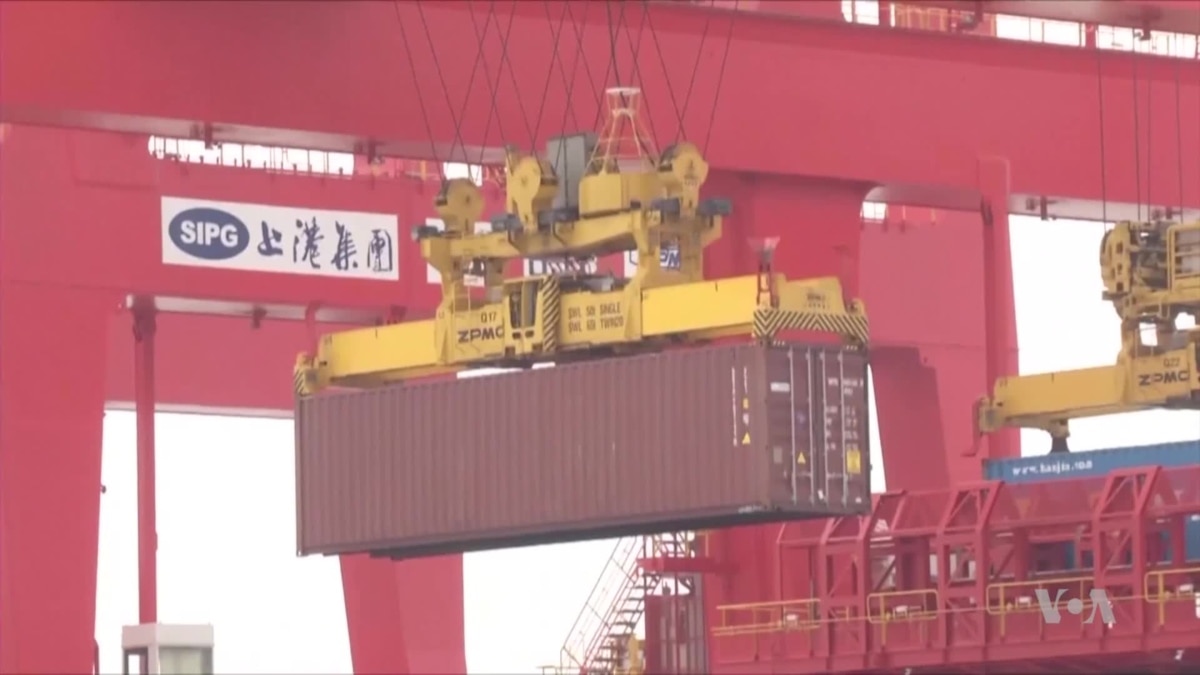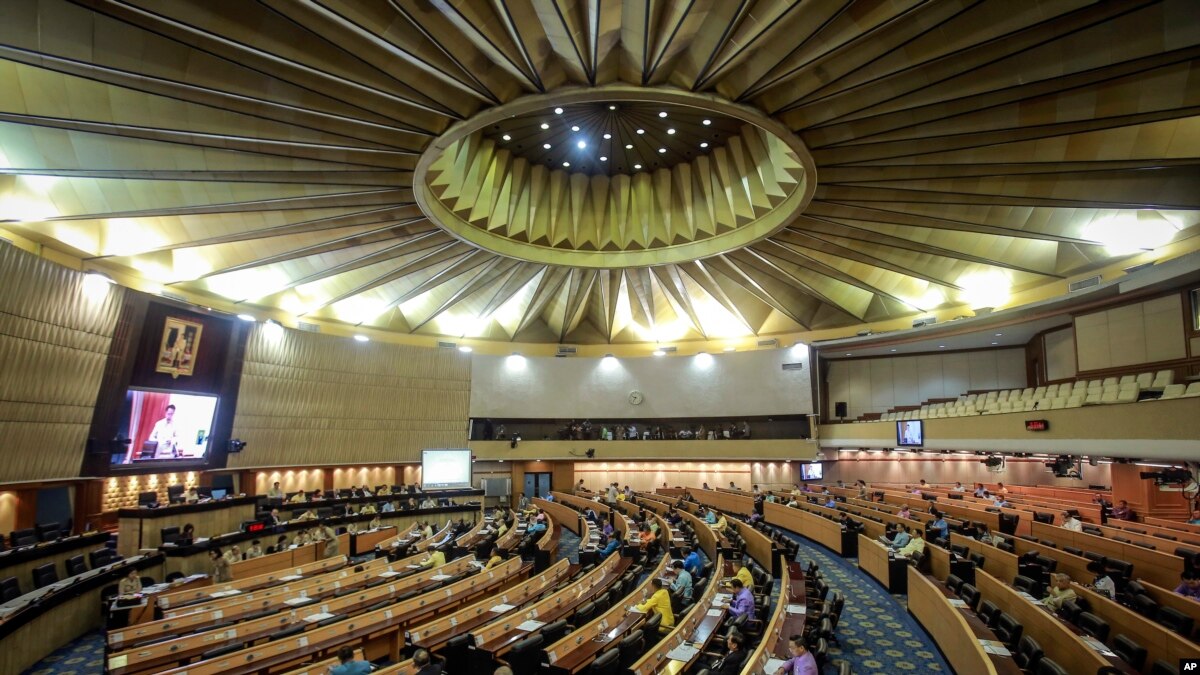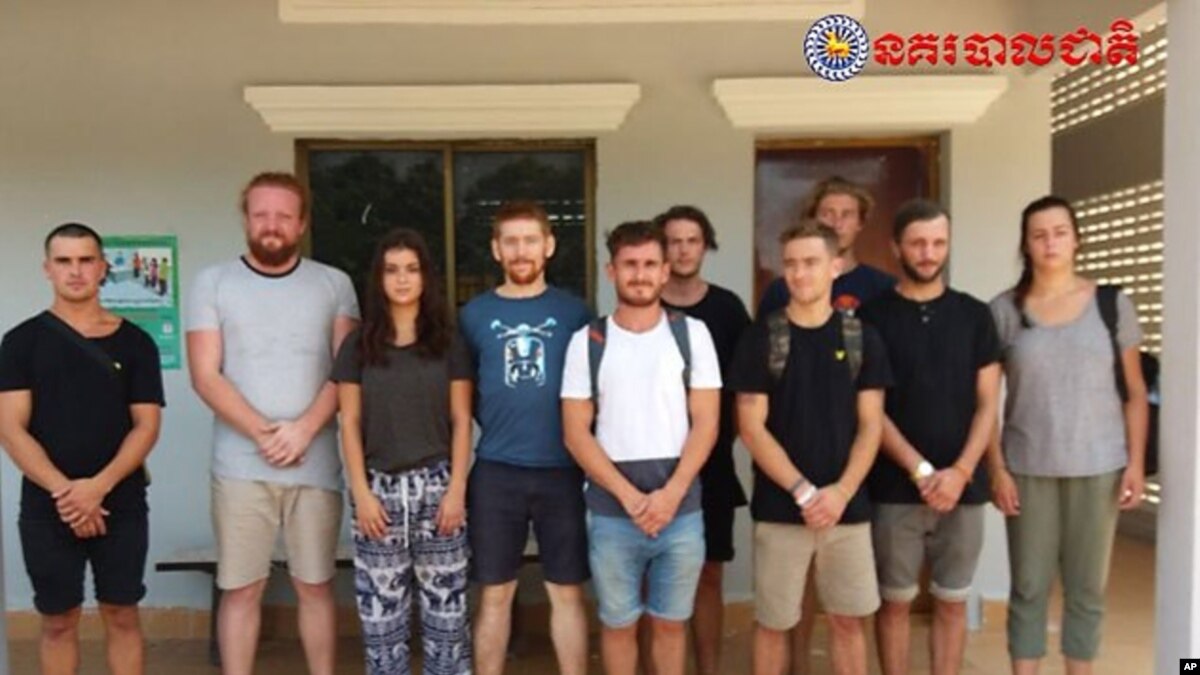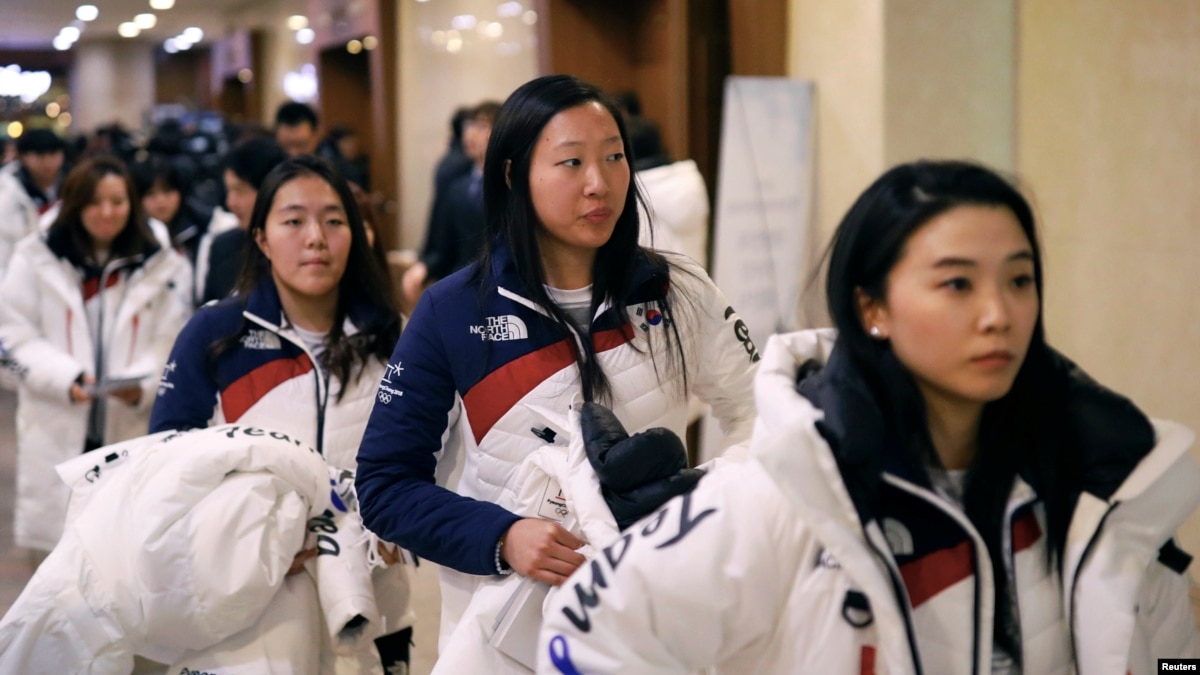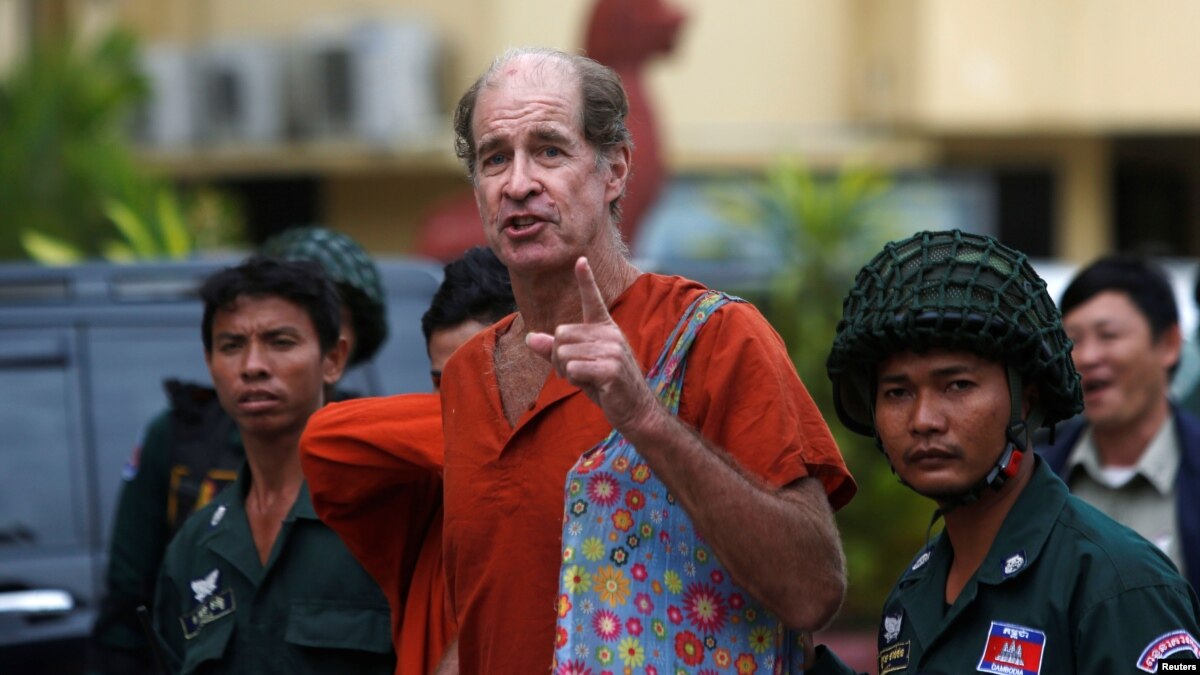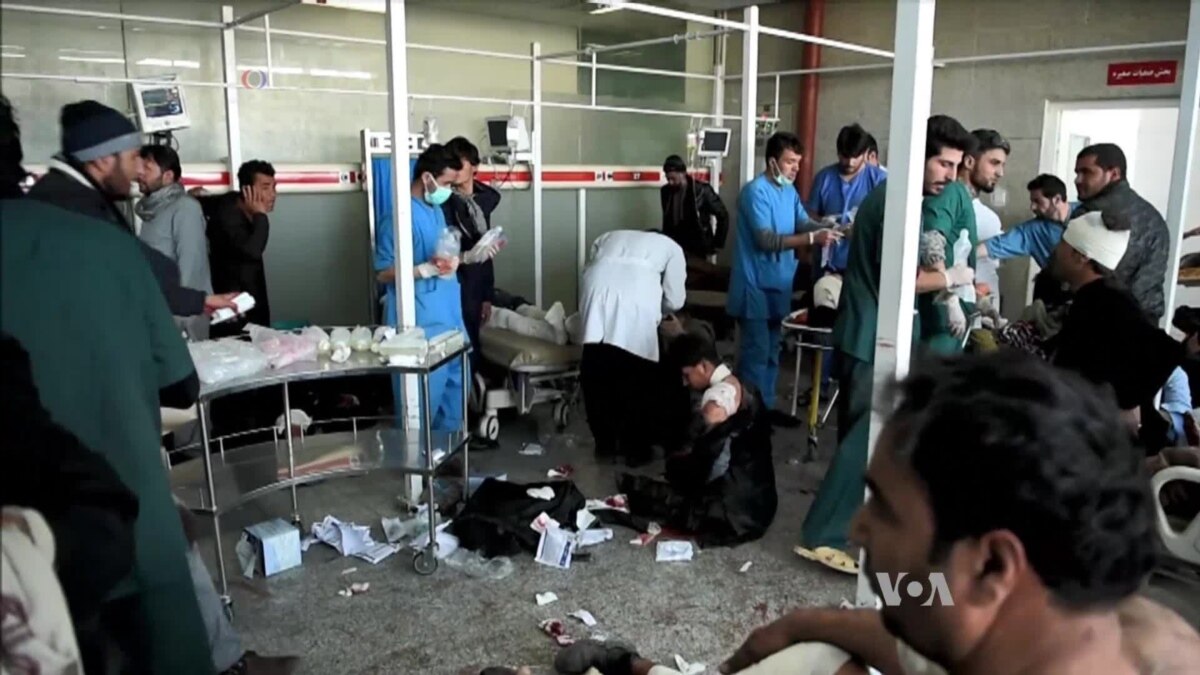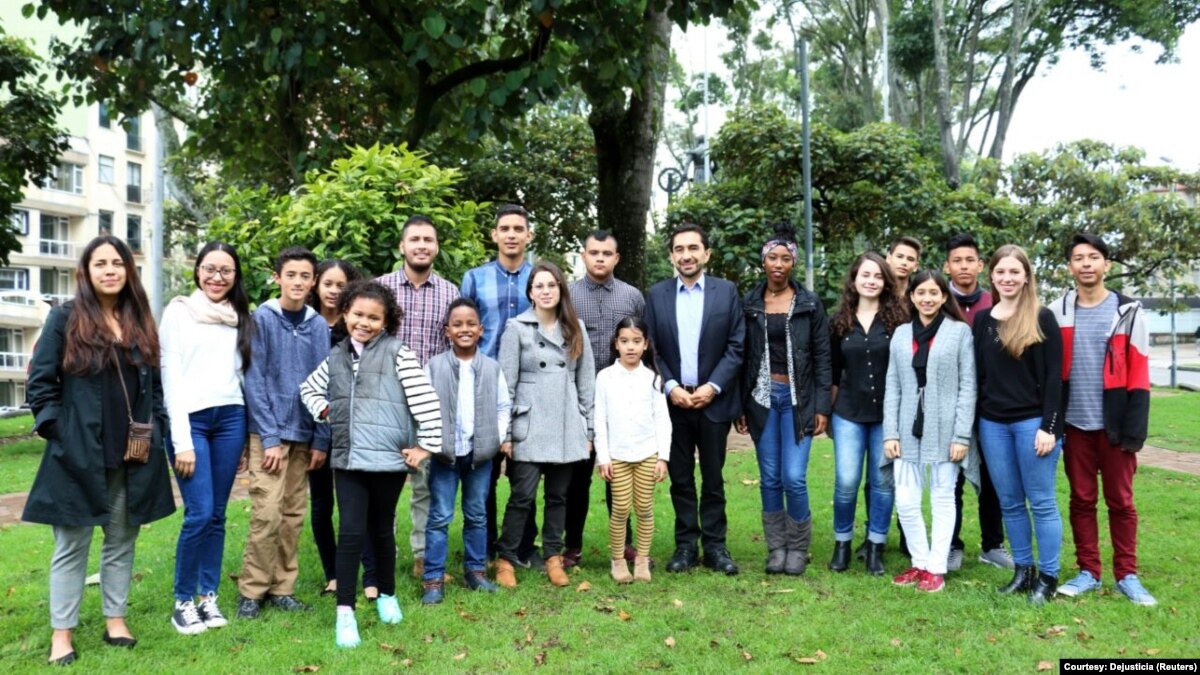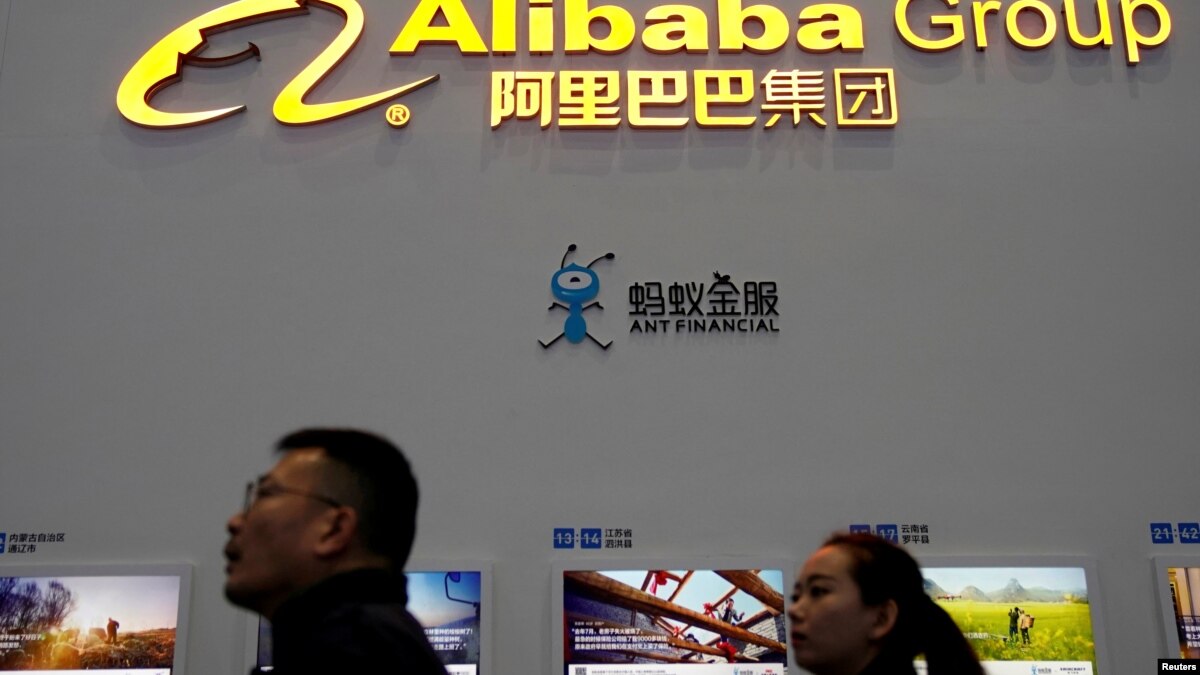TAIPEI, TAIWAN —
As new problems surface this month between Beijing and Hong Kong, a world financial center under Chinese rule for the past two decades, the nearby democratic island of Taiwan is expecting another wave of fearful immigrants.
The number of immigrants from Hong Kong to Taiwan often spikes when the Chinese territory faces a major political shift taking it closer to Beijing, government figures in Taipei show. As of December 2016, Taiwan had given residency to 71,263 former inhabitants of Hong Kong and Macau.
On New Year's Day, thousands of Hong Kong activists held anti-Beijing protests, meeting with a police barricade. Later in January, Hong Kong barred a pro-democracy candidate from running in local elections and a Hong Kong bookseller with Swedish citizenship was arrested in China.
“The number of Hong Kong immigrants to Taiwan will continue to rise,” said Raymond Wu, managing director of Taipei-based political risk consultancy e-telligence. “The number has been on the increase for the past few years. Given that a lot of people have become disillusioned in Hong Kong, that trend will continue.”
Hong Kong people, particularly younger activists, dispute Beijing’s role in local legislative elections. Some resent the influx of mainland Chinese people allowed to live, work and travel in the territory of 7.3 million.
Taiwan alternative
China took control over Hong Kong, a British colony of 150 years, in 1997. Some in the territory fear an erosion of freedom of expression over time. Taiwan has been self-ruled since the 1940s and democratized in the 1980s.
Beijing claims sovereignty over Taiwan as well and insists on eventual unification. But several generations of Taiwanese leaders, including today’s President Tsai Ing-wen, have held China off and surveys show most Taiwanese prefer autonomy.
“When there’s uncertainty in Hong Kong, some will leave,” said Chu Kang-ming, a retired Hong Kong-born professor who lives in Taiwan. “The freedom of speech is stronger here.”
Residency requires an investment in Taiwan of 6 million Taiwan dollars (US $205,000), attracting investors or self-employed business people. Some get rights to stay after marrying locals. Younger Hong Kong people come as university students.
“Some will come over to study and check it out to see that’s it’s freer here and more democratic,” Hong Kong native Anita Li, secretary of the 100-member Hong Kong Club of Taipei.
Waves of immigration
When former British Prime Minister Margaret Thatcher failed to renegotiate her country’s lease for Hong Kong in 1983, a swell of people left the Asian territory and emigrated to nearby Taiwan.
Taiwan accepted another wave of Hong Kong immigrants shortly after June 4, 1989, when Chinese troops opened fire on anti-government protesters in Beijing. People in Hong Kong feared a spillover into their financial markets. And in the four years after 1997, Taiwan approved long-term resettlement for 5,130 people.
After 1997, some in Hong Kong worried that the Chinese government would cramp freedom of expression, Li said. “I had a friend who told me to come over and look,” said Li, who moved to Taiwan in 1990.
In a normal single year, fewer than 1,000 Hong Kong and Macau citizens get permission to immigrate.
In September and October 2015, after the Umbrella Movement of mass demonstrations against Beijing’s hand in the territory’s local government, Taiwan’s immigration agency approved 3,930 residency applications from Hong Kong and Macau.
Democratically protected and left alone
John Chu, Hong Kong-born managing director of a magazine published in Taipei, was sent to Taiwan 29 years ago for work. As the 1989 and 1997 milestones passed, he decided to stay.
“Lots of reasons to feel very uncertain about Hong Kong, so I decided to stay here and added to that my work, I was thinking I like it here,” said Chu, 61. “Those are the main reasons.”
Some immigrants in Taiwan help inspire democracy activists who are still fighting for their cause in Hong Kong, said Liu Yih-jiun, public affairs professor at Fo Guang University in Taiwan. In January last year, a 20-year-old democracy activist and three legislators from Hong Kong received official protection in Taiwan during a visit protested by local pro-Beijing groups.
“They have some commonality of course, since they have the same object -- that is, anti-China,” said Wu Chung-li, a political science research fellow at Academia Sinica, a university in Taipei. “They try to get some support for the anti-China sentiment.”
Most of the immigrants see Taiwan as a chance to “lead an ordinary person’s life,” Liu said.
Unlike Canada, home to 204,000 Hong Kong immigrants, Taiwan draws those who prefer to live in an ethnic Chinese, Chinese-language environment that’s 90 minutes by air from their homeland. A flat in Taipei costs less than half the price of one in Hong Kong, and immigrants qualify for Taiwan’s nationalized healthcare.
“Taiwan society does have a lot of attraction,” said Lin Chong-pin, a retired strategic studies professor in Taiwan. “Number two, Taiwan does offer very good medical care, and of course number three, it’s [politically] free.”
Hong Kong people say they fit in with Taiwanese society except when they meet younger locals who favor Taiwan’s legal independence from China and wonder if Hong Kong people side with Beijing, Chu said.
Let's block ads! (Why?)
Read More Hong Kong Citizens Move to Taiwan in Waves After Political Upsets : http://ift.tt/2GAoZ7J
